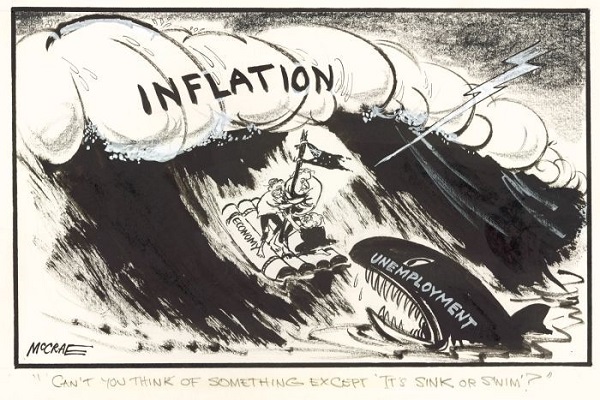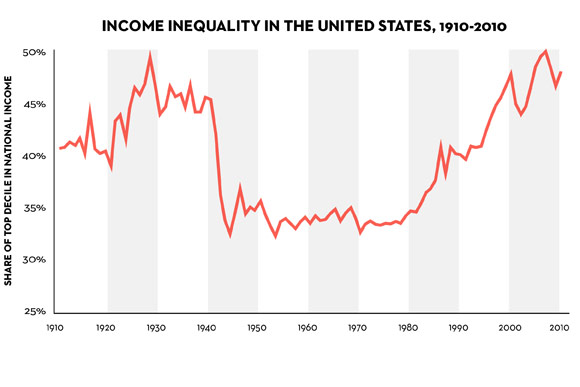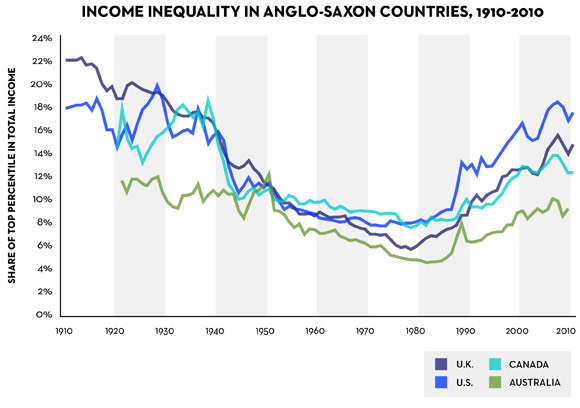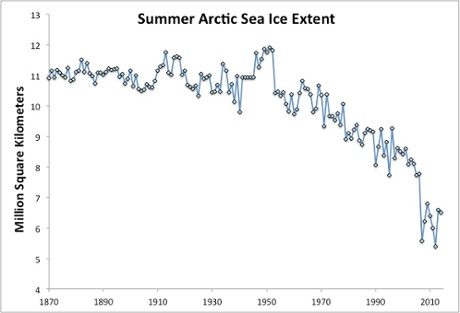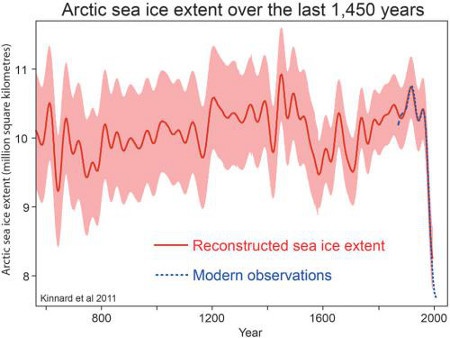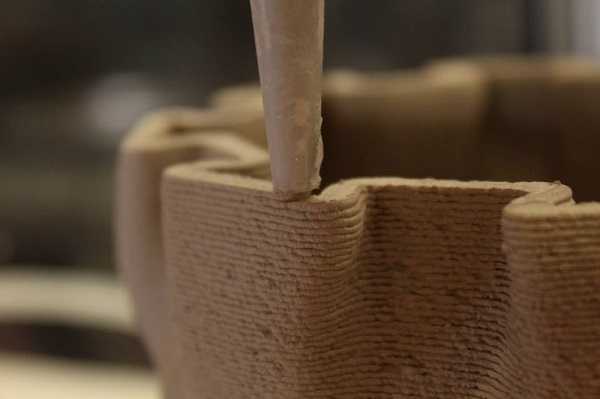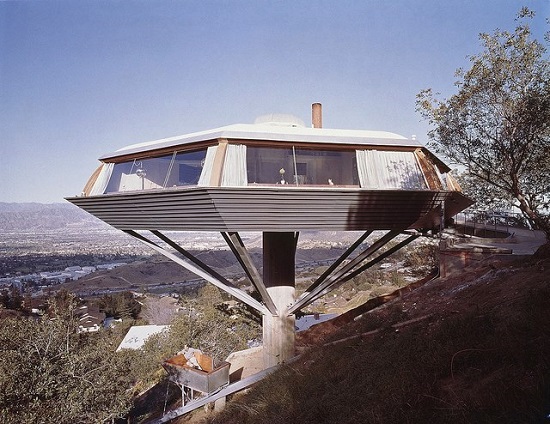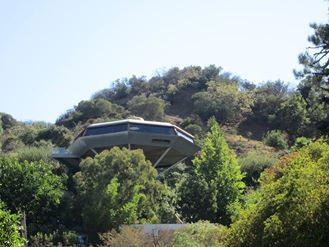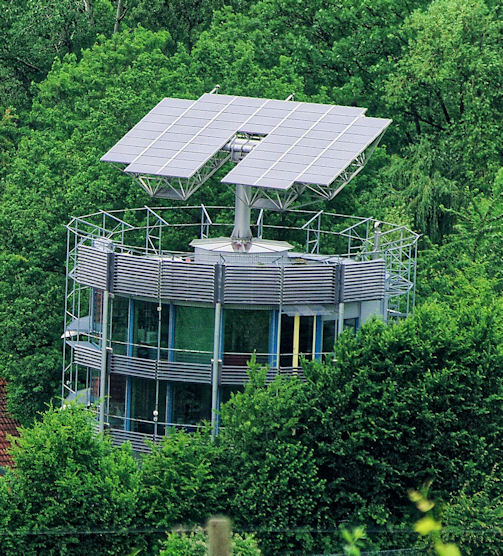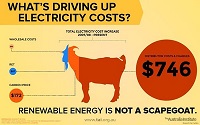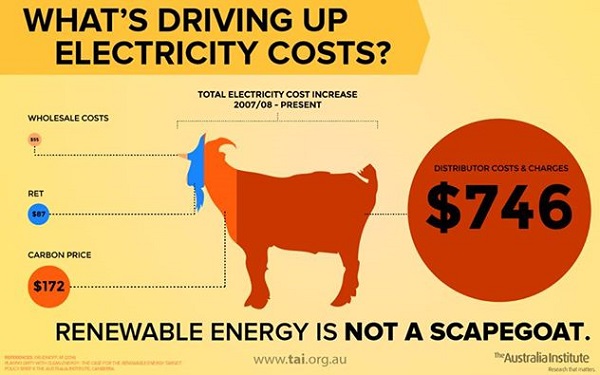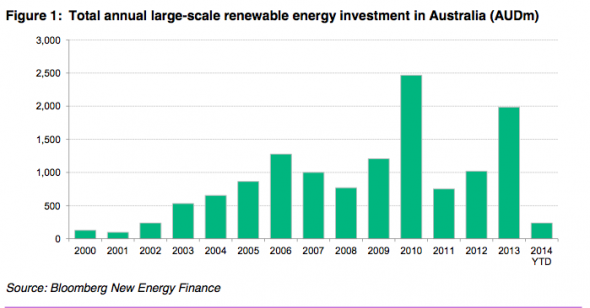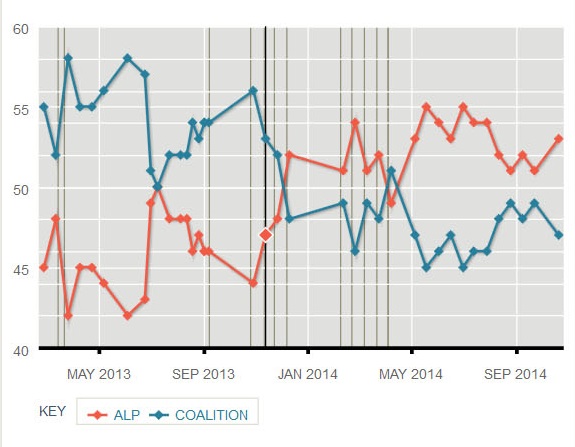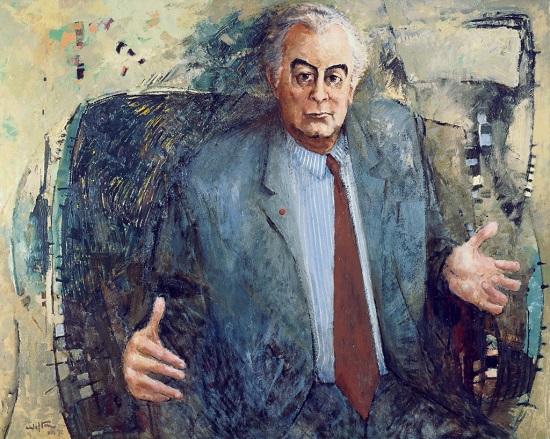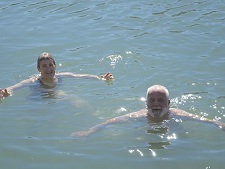
An open thread where, at your leisure, you can discuss anything you like, well, within reason and the Comments Policy. Include here news and views, plus any notable personal experiences from the week and the weekend.
For climate topics please use the most recent Climate clippings.
The gentleman in the image is Voltaire, who for a time graced the court of Frederick II of Prussia, known as Frederick the Great. King Fred loved to talk about the universe and everything at the end of a day’s work. He also used the salons of Berlin to get feedback in the development of public policy.
Fred would only talk in French; he regarded German as barbaric. Here we’ll use English.
The thread will be a stoush-free zone. The Comments Policy says:
The aim [of this site] is to provide a venue for people to contribute and to engage in a civil and respectful manner.
Here are a few bits and pieces that came to my attention last week.
1. Sleep study
Overnight I’m going into hospital to have a sleep study done. My wife reckoned I stopped breathing the other night, so I thought I’d better get it checked out. I reckon I’m just a shallow breather when I’m not snoring, so we’ll see.
2. Ambulance and emergencies
Our little household has been quite sick this week. It started with our 27 year-old son, who was tired and run down, having just handed in his maths honours thesis. On Sunday night about 10pm he came down with a severe gastric upset – diarrhoea and vomiting. He was really bad, barely able to stand, going numb in his hands and feet, severe stomach cramps. We decided to call an ambulance about midnight.
After a medical officer interviewed us and him, the decision was apparently that he was not in danger of dying, so it might take a while.
Two hours later, we cancelled the ambulance and took him to the Wesley, which is about 10 minutes away. There he was seen immediately. A couple of hours later and he was back home.
It costs a maximum of $250 with Medicare, plus drugs and tests.
If we’d stuck with the public system, he would have been further triaged once the ambulance got him to the hospital.
We definitely have a two-tier medical system.
30 hours later my wife took ill, and 36 hours later so did I, both not as bad as our son. We are all on the mend, though it’s taking a while to regain full strength.
3. ALP set to win in Victoria
Premier Denis Napthine looks like becoming a oncer. The new Ipsos poll, replacing Nielsen in the Fairfax stable has the ALP ahead 56-44. Poll Bludger at Crikey reckons that’s a bit of an outlier.
However, this result is something of a puzzle, in being the odd man out in a crowded Victorian market over the past few days — Galaxy, Essential Research, ReachTEL and Morgan all having proved of one mind in showing Labor’s lead in the range of 52-48 to 53-47.
Seems there are two problems. Firstly, there’s an unusually high Greens vote, without a compensating lower vote for Labor, which no-one quite believes.
Secondly it’s how you allocate preferences. Ipsos did it two ways, by asking the people polled, and according to the 2010 election. The former produces the higher result for Labor, but may not be valid, because there is no effect of how to vote cards. Fairfax grabbed the higher number.
But for complex reasons to do with an unusual preference flow in 2010, Poll Bludger reckons the other polls might show the Libs as about one percentage point higher than they really are.
4. Labor flirts with boats turnback policy
Labor spokesman Richard Marles on immigration flirted with the idea of turning back boats to Indonesia, “if it was safe and didn’t affect Australia’s relationship with Indonesia.” In other words, with Indonesia’s cooperation.
I’ve been wondering whether there hasn’t been back-door cooperation with the LNP Governments turnback policy and what the new prez in Indonesia will have to say.
It does seem, however, that having an open mind on the matter was too much for the left within the ALP, so Shorten has gently slapped him down.
I seem to recall that Frank Brennan walked down the Marles path at the time Rudd announced his PNG solution, much to the consternation of his admirers. My recall is, however, that Brennan saw a much more full-blooded cooperation with Indonesia and other regional powers, setting up an orderly queue there, with increased assistance for asylum seekers to be treated decently in Indonesia, and taking more of our refugee quota from that source.
If the sea crossing is dangerous, which it is, we could take Clive Palmer’s advice and fly them all to Australia. Why don’t the Greens adopt that policy? It’s logical!
The point is that she shouldn’t have been.
The NT senator has broken her silence on the claims, saying she has “done nothing wrong”.
Making a statement to the Senate on Thursday, she said the claims were “baseless” and were connected to a family dispute.
“I have done nothing wrong,” she said.
“It pains me to have to talk about my private life. But the publication of my emails is part of a very difficult child access and financial estate dispute,” she said.
Audio: Nova Peris says explicit email leak was part of a blackmail attempt (PM)She said the “aggrieved party” in the dispute contacted her by email 10 days before the emails were published to reveal “he had in his possessions a folder of information pertaining to Mr Boldon’s visit to Australia”.
“I did not realise at the time, he was referring to these emails,” she said.
“The release and publication of these emails is an attempt to extract money and embarrass me and my family.”
She told the Senate that the NT News was “well aware” the emails were part of a long-running family dispute “ahead of its publication”. (Emphasis added)
It was clear from the outset that Peris had an advisory role in athlete Ato Boldon’s visit. Athletics Australia made the decisions and paid the bills. Whether Peris had a personal relationship with Boldon (they had been training partners for years) is irrelevant.
The NT News is no doubt claiming public interest. At best they have been tools in an unseemly family dispute. At worst it was just gutter journalism, seeking to sell papers. I doubt the aim was to destroy Peris’s career, but they didn’t mind if they did.
Now we are told that the Australian Press Council has received a complaint about the coverage and is investigating. And:
The Communications Minister Malcolm Turnbull says News Corp should have exercised more discretion before it published the emails but a former Media Watch host Jonathon Holmes says, in this case, the public interest outweighs any privacy concerns.
Good one Jonathon! I disagree on two counts. Firstly, there was nothing of public interest to see. Move on.
Secondly, he says we should ignore the motivation of the informants. With respect, that’s ethically bereft.



